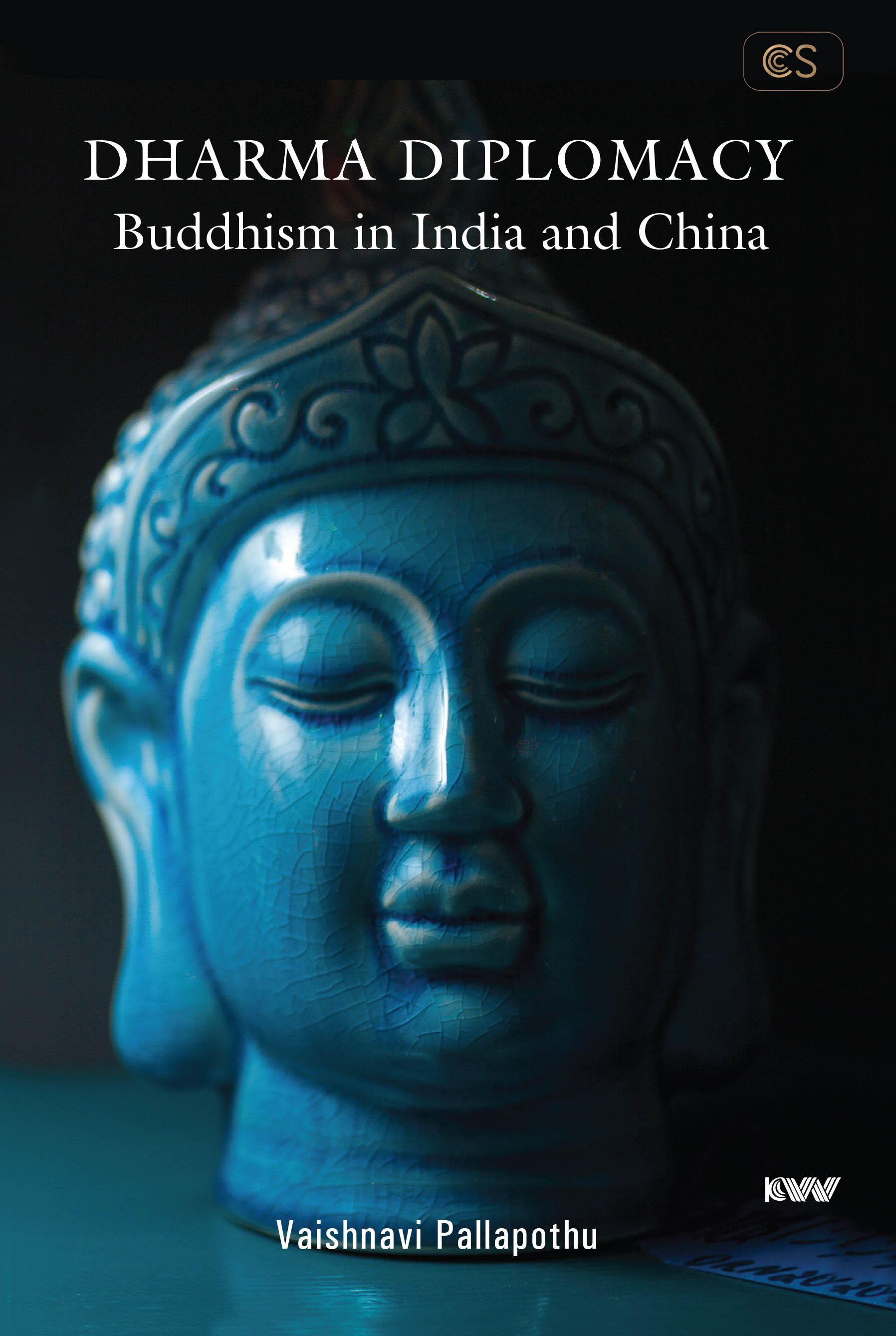Subjects
Recent View(s)
- Essays on India’s Political Economy
- Images Of Post-Soviet Kazakhstan: A Cosmopolitan Space with Borderland Anxieties
- Military Strategy, Joint Operations, and Airpower
- DHARMA DIPLOMACY Buddhism in India and China
- India, China and the Strategic Himalayas
- Grey Zone Governance in Geopolitics: The Case of Artificial Intelligence
- The Diplomatic Dimensions of Military History
- From Friendship to Dependency: Analysing Sri Lanka’s Foreign Policymaking Towards China
DHARMA DIPLOMACY Buddhism in India and China
Ms. Vaishnavi Pallapothu
The fourth largest religion in the world, Buddhism has over 520 million followers worldwide. India and China are home to sites of religious and historical value for the followers of Buddhism. In India, which is the home and birthplace of Buddhism, the religion is viewed by leaders and civil society members around the country, particularly in the political and academic spheres, as a way of not only strengthening cultural and economic ties with various Southeast Asian countries, but also as a means of fostering connections and preserving the religious and cultural practices of Tibetan Buddhist refugees in India. In contrast, China’s increasing claims that Buddhism is a Chinese concept by releasing propaganda that it is an “ancient Chinese religion” is being furthered by building temples and promoting tourist trails, not only within the country but also in Southeast Asia. Preserving domestic stability, diffusing hostility in Tibet and acquiring access to influential Buddhist organizations seem to be China’s goals at present.
This occasional paper takes a deep dive into these contrasting standpoints and potential sources of friction as a result of both nations’ contrarian approaches. Additionally, the paper also seeks to explore opportunities for cooperation and friendship between the two nations. It seeks to investigate China’s intentions behind its policies, decisions and propaganda centered on Buddhism, as well as India’s efforts in building a Buddhist tourist circuit and enhancing its soft power, with the help of the same. In doing so, the paper looks at the myriads of initiatives undertaken by India and China with respect to Buddhist tourism, and examines how the two nations’ Buddhist diplomacy shape relations with the rest of Southeast Asia.


 Political Science
Political Science
